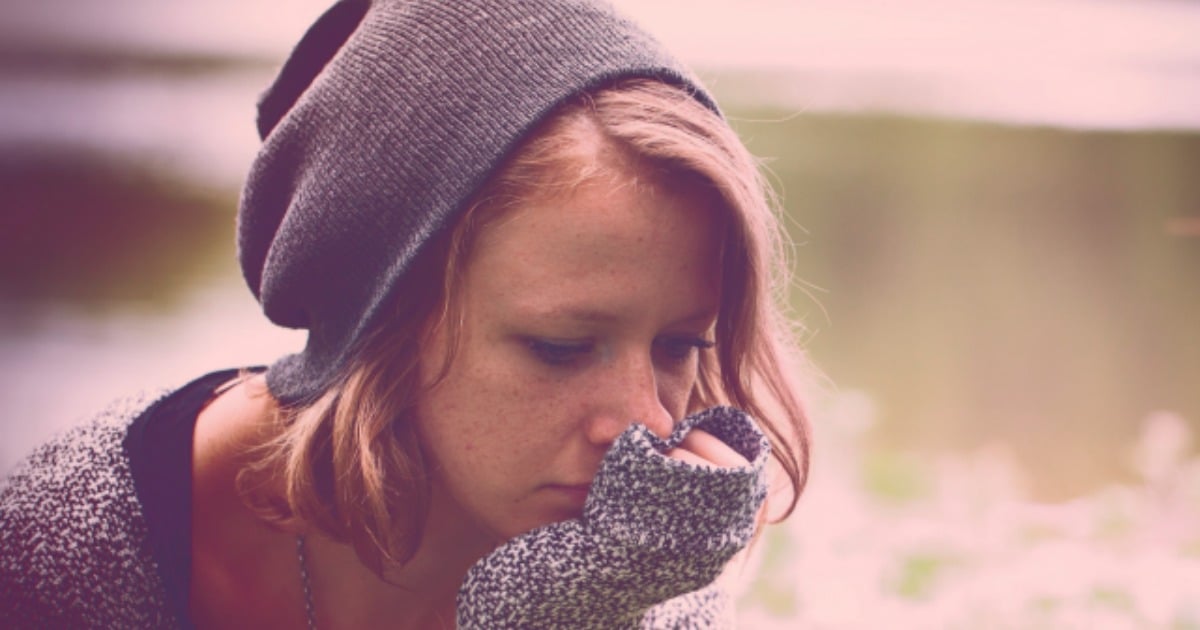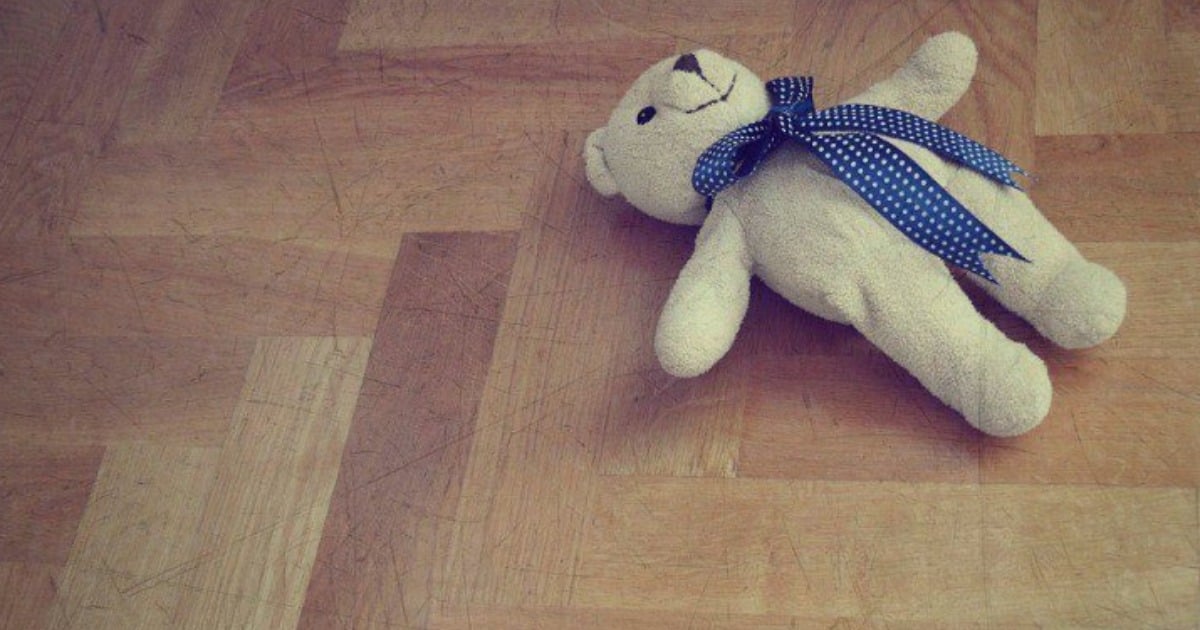If you’re looking for advice about options surrounding fertility, pregnancy or counselling, always consult your doctor.
I’m adopted.
It’s one of those things that have been a MAJOR force in shaping my identity, but that’s hard to talk about authentically almost anywhere.
I actually like telling people about being adopted and how that’s shaped my family dynamic. I think it can explain a lot about who I am, and even why I became the person that I am. But sometimes it can be awkward — sometimes it seems like TOO personal a subject to bring up over lunch.
I know a lot of you may have considered (or are considering) adopting, are adopted yourselves, or at the very least know someone who is. I find so many of the ideas about what it’s like to be adopted are just wrong and unrealistic. So let’s GO THERE.
Adoption Is Not A Party
One of the first things people often say to me when they find out I’m adopted is, “That’s so awesome!” While I appreciate the sentiment, it can be hard to then explain why it doesn’t always feel so awesome.
Listen, adoption is usually not that pleasant of an experience for anyone involved, except maybe the adopting parents. Sorry to ruin your fantasies, but it’s the truth. Being adopted has lead me to have a lot of identity issues, and I know from talking with many other adopted people that this often is also true for them.
Think about it: Imagine you were raised in a family that you weren’t biologically related to, and that you might not know anything about your blood family, ever. You might have different health conditions, personality traits, or even skin colour than the people you call FAMILY.


